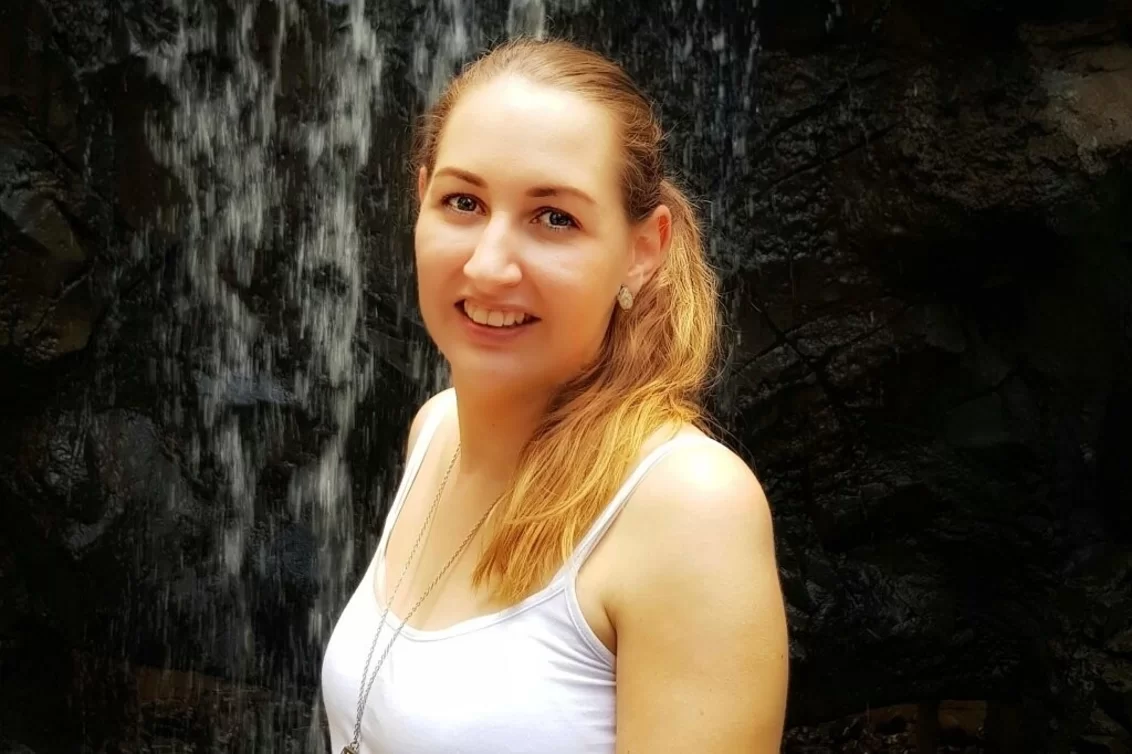How long have you had migraine and what type of migraine do you have?
I can’t really remember when my migraine attacks first started, maybe around age 14 when I first got my period. I have episodic migraine without aura.
How does migraine disease impact your life?
Migraine is usually my reason for ringing into work sick and for missing social events. I get so many headaches that I usually just work through them now and hope they go away with pain killers, which seem to be a bit hit and miss.
What medications, treatments or lifestyle changes have you tried to help manage your migraine disease?
I’ve tried a variety of medications over the last 18 years. I currently take nortriptyline every night as a preventative as well as sumatriptan when I get a migraine attack. I’ve been taking sumatriptan for about 8 years now and it has been a real-life saver for me, I really don’t know how I managed without it for so many years!
Unfortunately, this combination of medication I am on often causes too much serotonin to be in my system, causing serotonin syndrome, which is really horrible to get.
I’ve had this every few months for the past 8 years (annoyingly, sumatriptan is the trigger) and the symptoms are similar to having an anxiety attack and can last up to 8 hours. The doctors aren’t really sure how to get around this without taking me off triptans altogether, which are the only available abortives that works for me.
What are your biggest migraine triggers?
My biggest triggers are:
- weather changes
- missed meals
- menstruation
- food triggers, mainly wine, chocolate and sugary foods
- medication overuse (rebound headaches).
How do you manage during a migraine attack?
If I’m at work or not at home, I try to take medication straight away, and improve my posture as much as I can.
If I’m at home, I lie down in my bedroom where it’s dark and quiet with a hot or cold wheat bag (hot on forehead for headaches, cold on back of the neck for migraine) to try and get rid of it naturally before I take any painkillers. I have 2 wheat bags, 1 that lives in a drawer at room temperature and another 1 that stays in my freezer. I’ve found this hot/cold method very effective in managing my pain.
How do you stay positive living with migraine disease?
Even before I had migraine myself, it has always been a part of my life as my mum also had regular headaches and migraine attacks until she reached menopause (meaning mine are part hereditary). I’ve gotten to the stage where I’ve accepted migraine and that it’s a big part of my life that I can’t control for the most part, so I just have to keep going.
It really helps to have a very understanding husband (who also gets the occasional migraine), he’s great at cooking dinner and doing things to help out when I’m simply not able to.
How can migraine care improve in New Zealand?
Availability of treatments and government subsidies for medications like naratriptan, Ajovy, Aimovig etc. It’s unfair that we are so behind many other countries in this area. I think some NZ doctors are also lacking knowledge about migraine disease, as a lot of it seems to be pure guess work and trial and error of trying different pills until something kinda works.
What advice do you have for other people in New Zealand living with migraine?
Unfortunately, you really have to advocate for yourself in this country and suggest things that the doctors might not have thought of yet and keep pushing until you get results. I also find it helpful to join groups where people have similar experiences as you and where there are helpful discussions happening.


